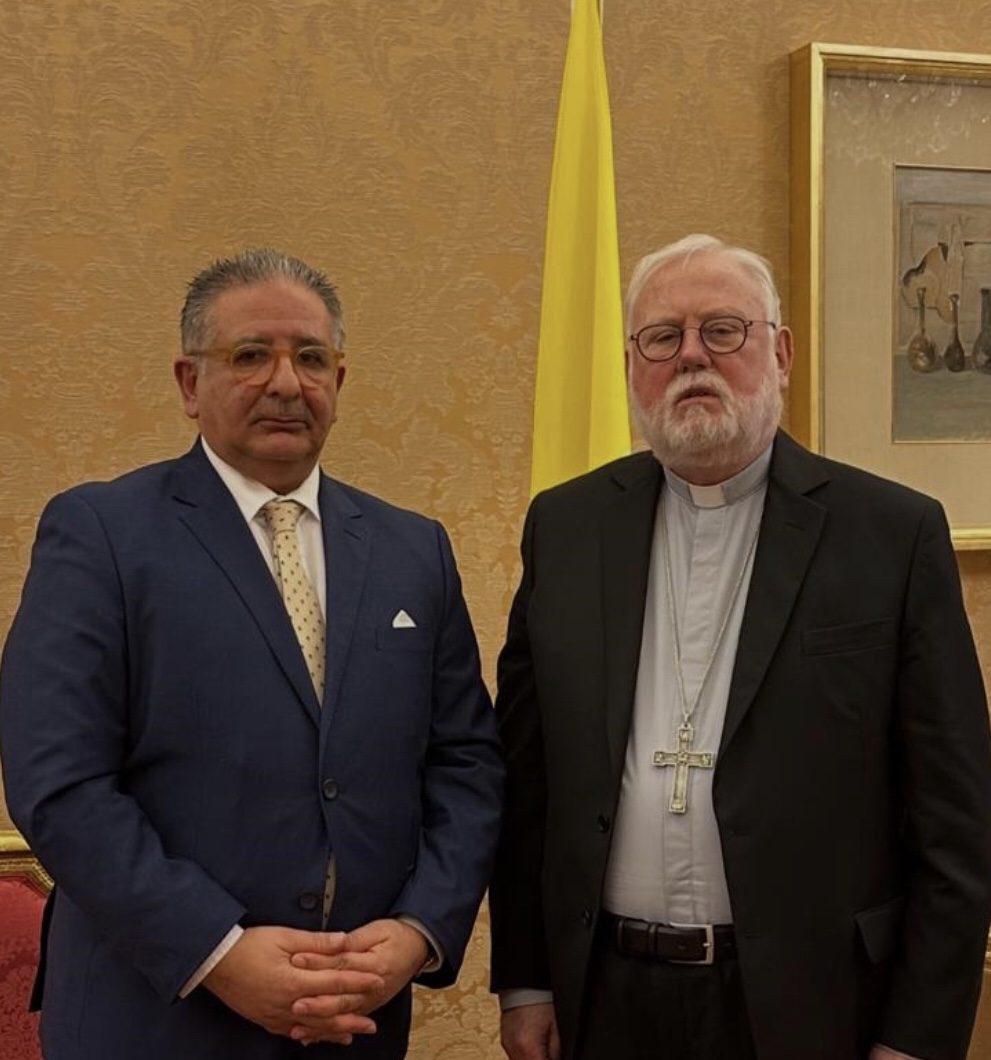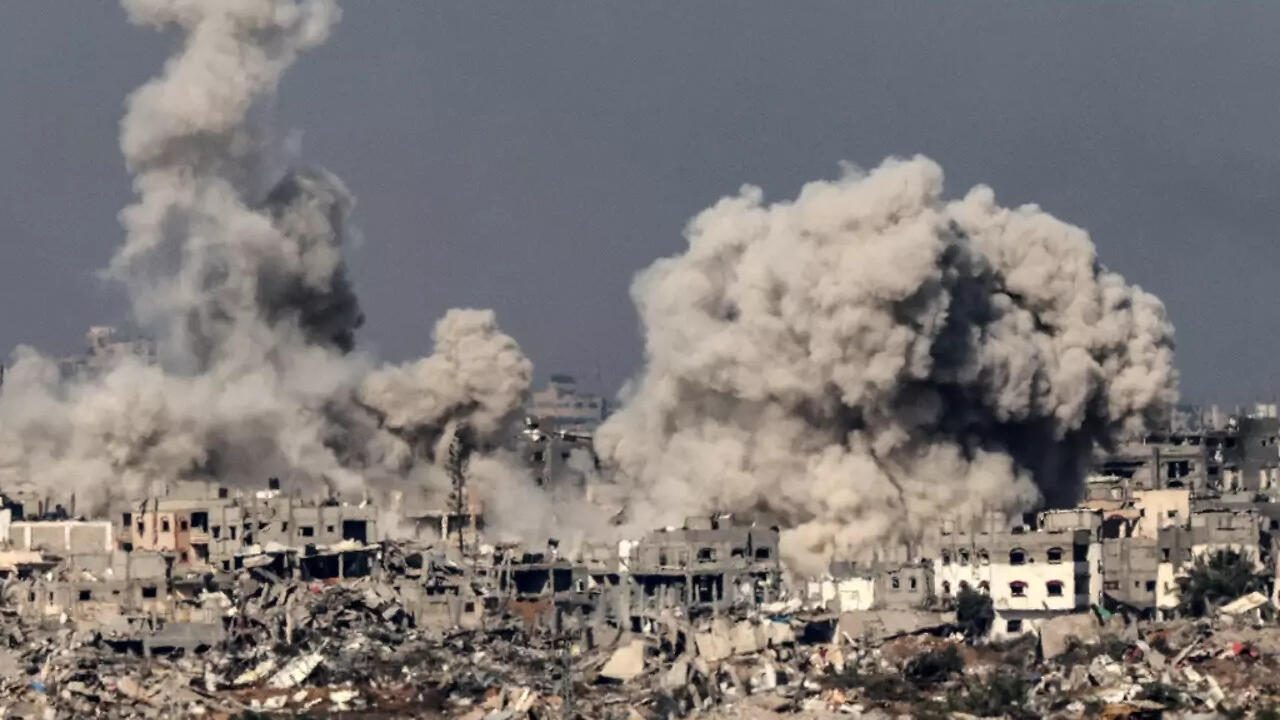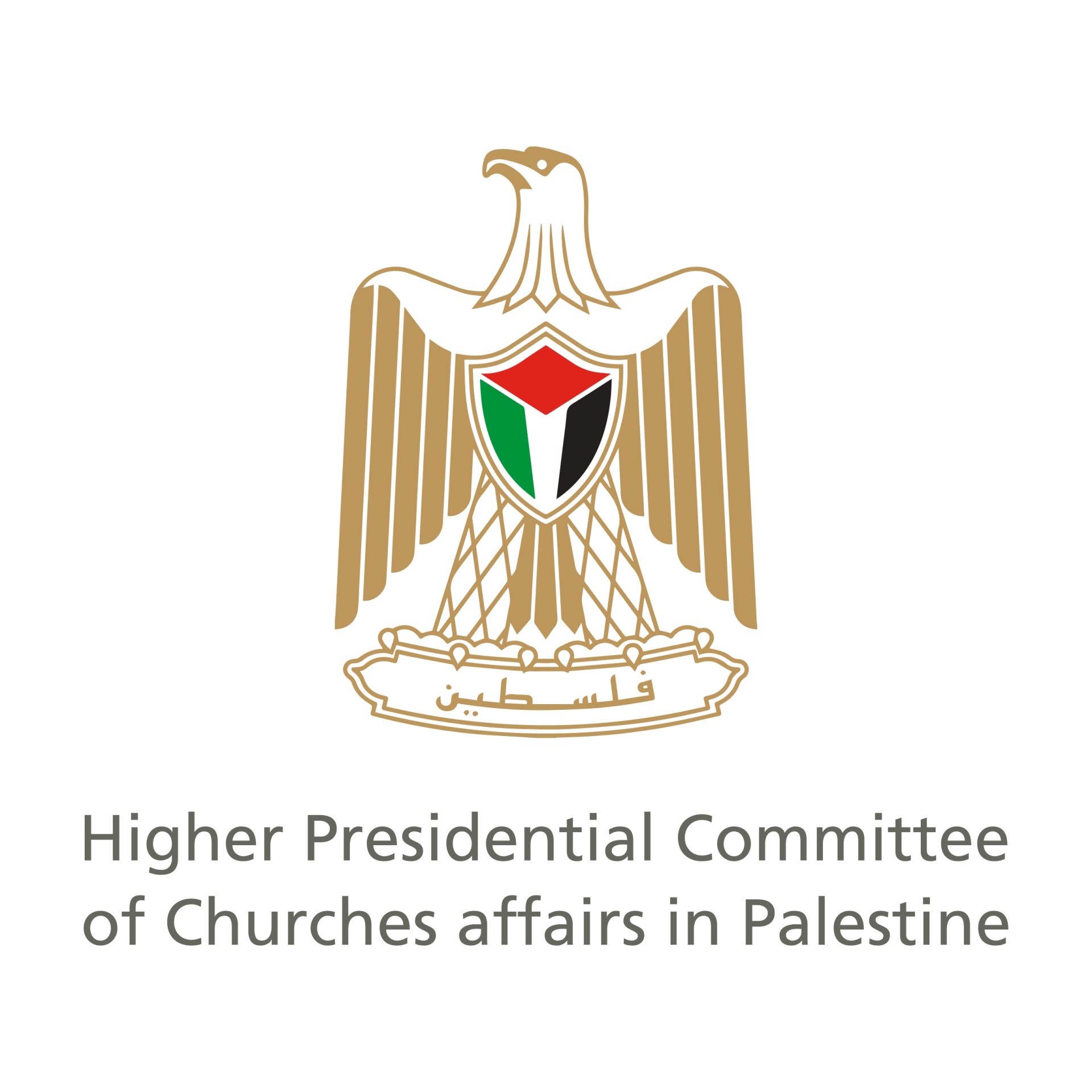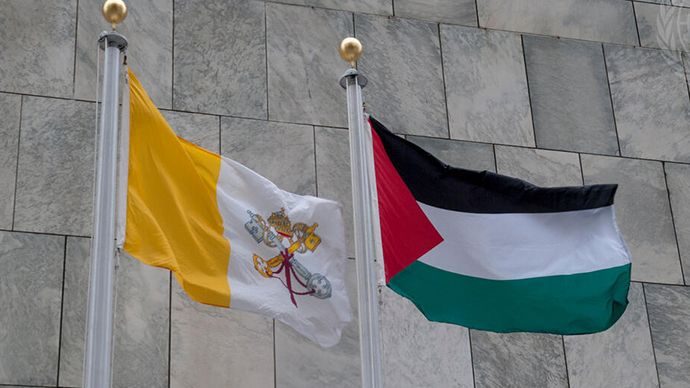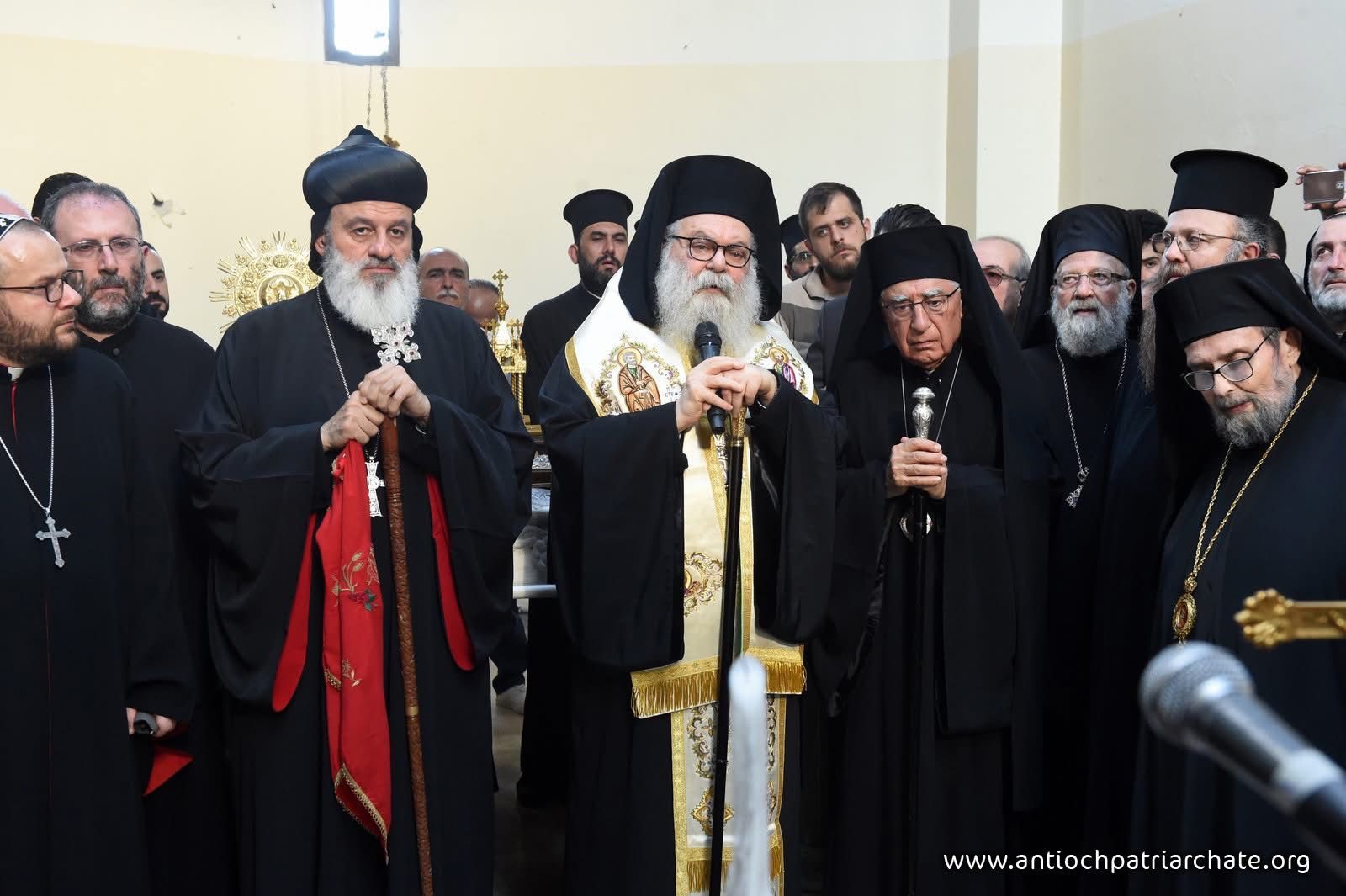On November 18, U.S. Secretary of State Mike Pompeo announced that the United States will no longer consider Israeli settlements a violation of international law. As an advocacy organization that focuses on respect for human rights and international law, Churches for Middle East Peace (CMEP) asserts that no official statement or act by the U.S. government can unilaterally erase decades of international law, including the 1988 International Criminal Court statute that recognized Israeli settlements as a war crime. This U.S. announcement sends a dangerous signal to the Israeli authorities that continued and increased violations of Palestinian human rights are acceptable to the United States government and will continue to go unaddressed.
The shift in U.S. policy follows a November 12 ruling by the European Court of Justice that products made in Israeli settlements could no longer be labelled as though they were made in Israel. The ruling stated that “Foodstuffs originating in the territories occupied by the state of Israel must bear the indication of their territory of origin.” The Court then acknowledged that settlements “give concrete expression to a policy of population transfer conducted by that state outside its territory, in violation of the rules of general international humanitarian law.”
In this current atmosphere where official annexation of the West Bank is on the table and attacks on civil society and human rights workers are intensifying, CMEP believes this announcement will encourage even more violent actions and calls for further land confiscation and displacement of Palestinians. Indeed, such calls began less than 24 hours after Secretary Pompeo’s announcement.
In the pursuit of a just and durable resolution to the Israeli-Palestinian conflict, CMEP recognizes that it is imperative to acknowledge that the settlement enterprise stands in stark opposition to the goals of peace and justice. Anything other than fierce opposition to the support and expansion of settlements only solidifies and prolongs the conflict.
CMEP calls on President Trump and his administration to reverse this decision and adhere to international law and United Nations resolutions, such as U.N. Security Council Resolution 2334 acknowledging the violation of international law in the continued occupation of East Jerusalem, the West Bank, and Gaza. We call on Congress to swiftly pass legislation affirming long-standing U.S. policy that settlements are a significant obstacle to any future resolution to the conflict.
CMEP’s Executive Director, Rev. Dr. Mae Elise Cannon, says, “If the United States truly wants to be a constructive broker of peace, government officials must stop making unilateral decisions in favor of Israel while relegating the Palestinians to an afterthought. The recent decision about the legality of the settlement enterprise is further evidence that the Administration is not pursuing a policy that will bring peace, justice, and dignity to both Israelis and Palestinians.” CMEP laments this decision and believes acknowledging the detrimental effects of settlements, and their illegality under international law, not only serves the cause of peace and justice in the Holy Land but also identifies real issues that must be addressed if there will ever be peace in the region.
Formed in 1984, Churches for Middle East Peace (CMEP) is a coalition of 29 national church communions and organizations, including Catholic, Orthodox, Protestant, and Evangelical traditions that works to encourage US policies that actively promote a comprehensive resolution to conflicts in the Middle East with a focus on the Israeli-Palestinian Conflict. CMEP works to mobilize US Christians to embrace a holistic perspective and to be advocates of equality, human rights, security, and justice for Israelis, Palestinians, and all people of the Middle East.



